News & events
News & events
Find out about our latest news and events.
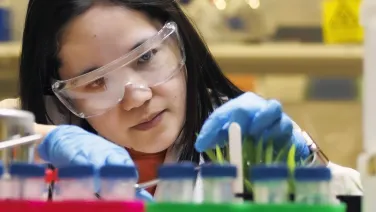
Dr. Florence Danila of the Australian National University wins Thomas Davies 2024 grant from the Australian Academy of Science to support her work on plasmodesmata.
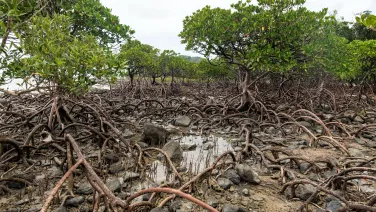
The remarkable ability of mangrove forests to remember recent droughts could leave them more vulnerable to the impacts of climate change.

Dr. Florence Danila awarded as one of the 2023 ACT's Young Tall Poppies on 19 September 2023 at the Shine Dome.

ANU has been awarded a total of almost $10m in funding from the Australian Research Council (ARC) to bolster the nation's capabilities in nuclear and radiation science, and plant biosecurity.

Professor Yong-Ling Ruan and his colleagues have made a breakthrough that could yield tastier and healthier fruit.

As the urgency for climate solutions increases globally, Westpac Scholars Trust supports successful scholars to research to solve some of Australia’s greatest environmental challenges.
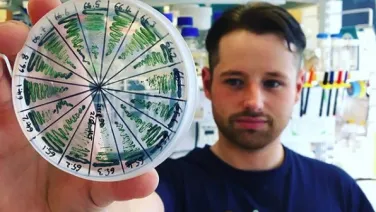
The tiny, self-contained genetic system of the chloroplast (or plastid) in the green alga Chlamydomonas reinhardtii is well suited for genetic engineering and has recently seen a surge in the deployment of synthetic biology approaches.

In my talk, I’d like to introduce two of my postdoctoral studies where I explored the independent expression of two genes in tobacco: Rubisco activase (RCA) and a spider silk gene, Major ampullate spidroin 1 (MaSp1).

Talk followed by panel discussion about future directions in Plant Science.

In chloroplasts of embryophytes, superwobbling between codons and anticodons has been demonstrated to facilitate translation of the standard genetic code by a minimized set of only 30 tRNAs (Rogalski et al., 2008).
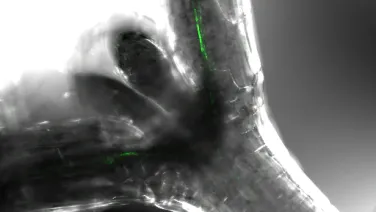
The timing of flowering needs to be tightly controlled to maximize reproductive success. Plants perceive seasonal cues (e.g., day length and temperature) to adjust the timing of flowering.
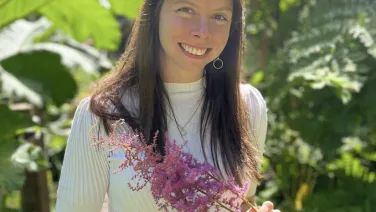
Nocturnal stomatal conductance (gsn) represents a significant, enigmatic source of water-loss, with implications for whole plant metabolism, thermal regulation and water-use efficiency.